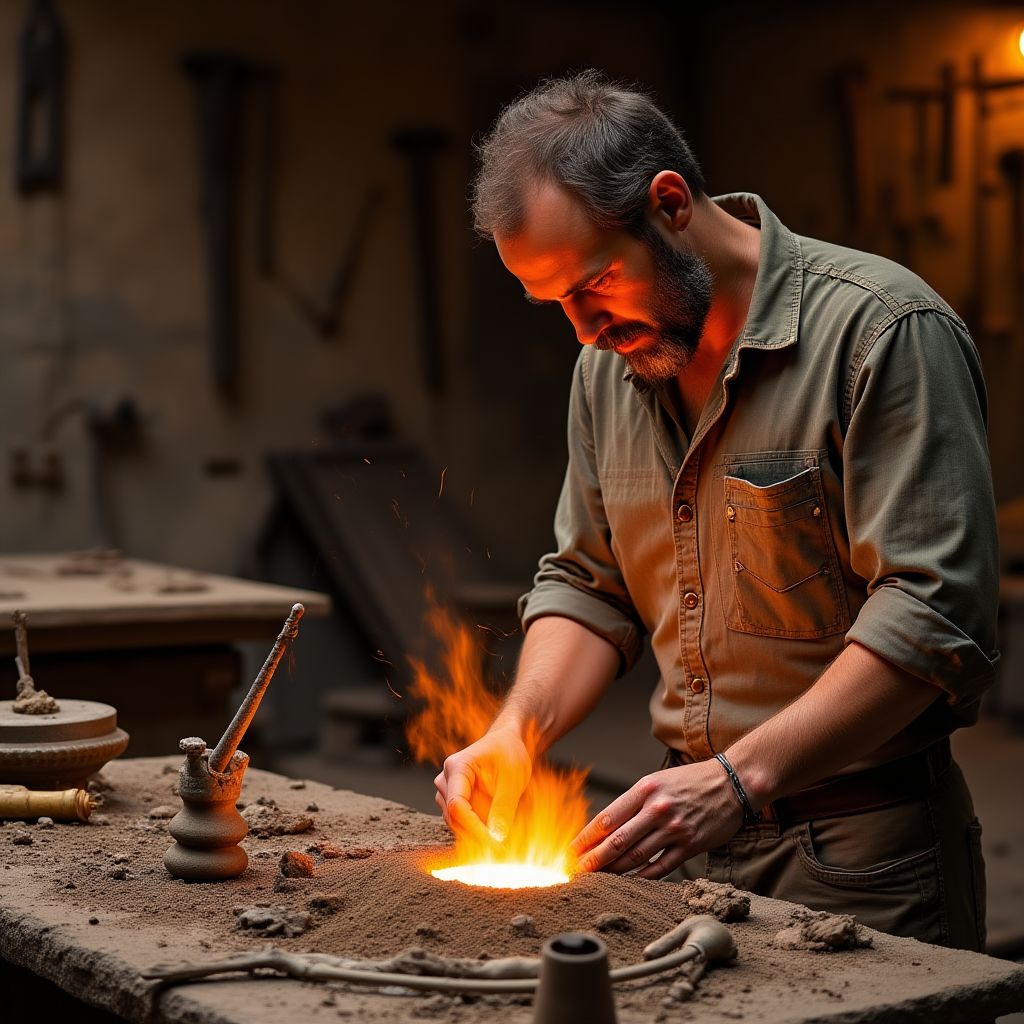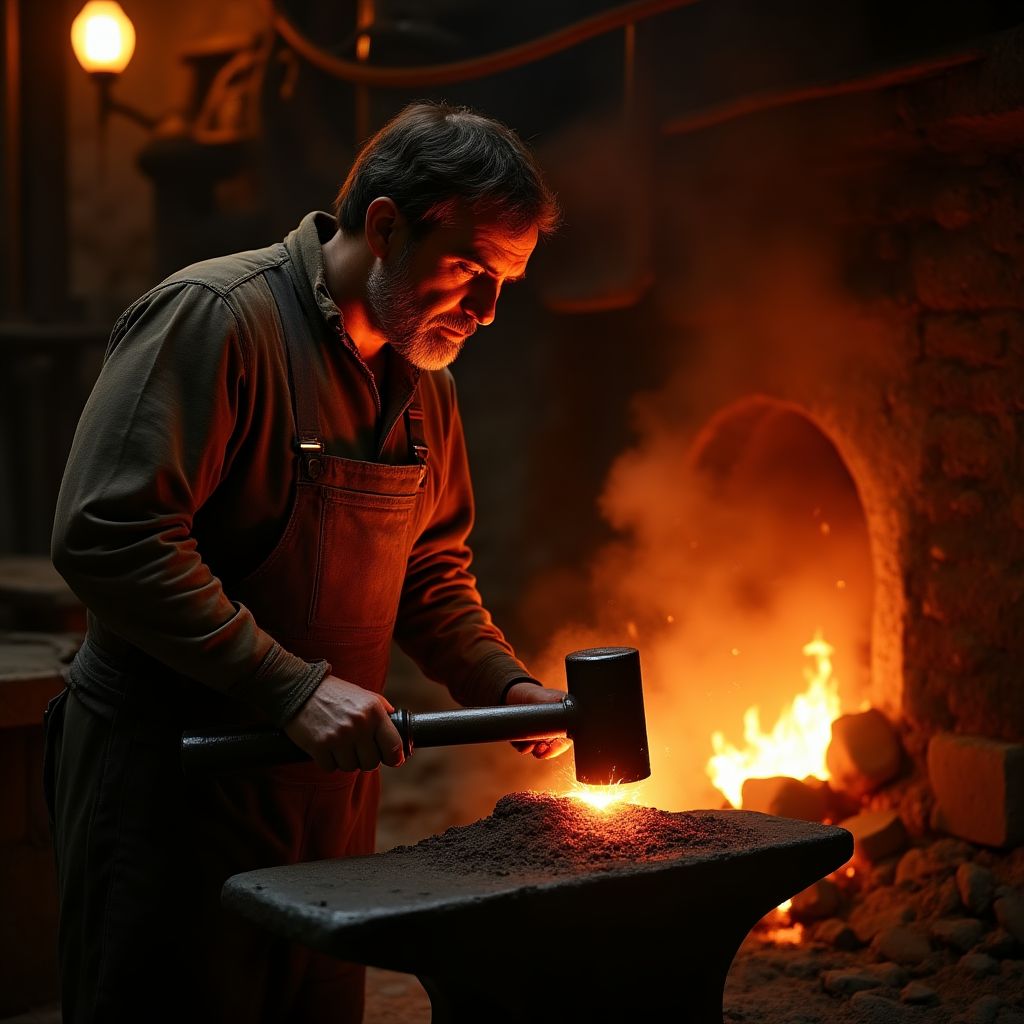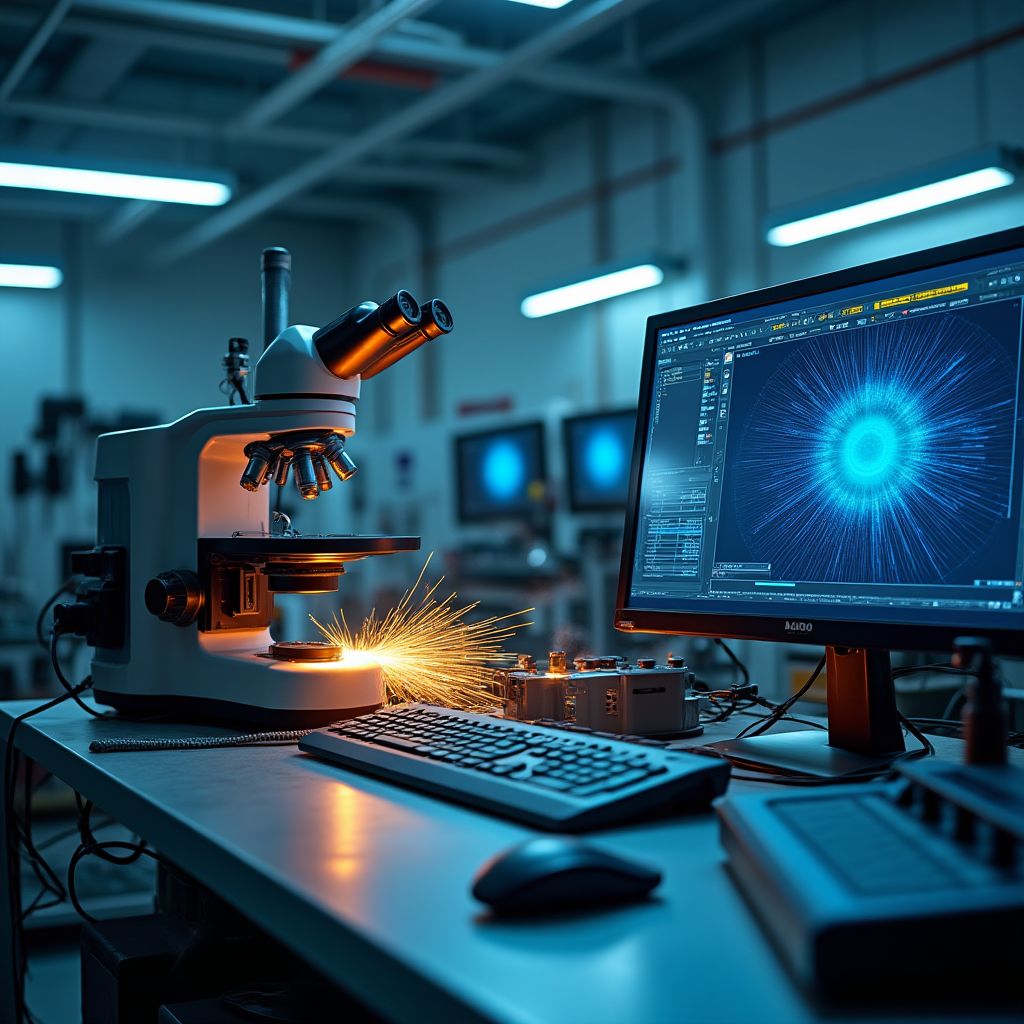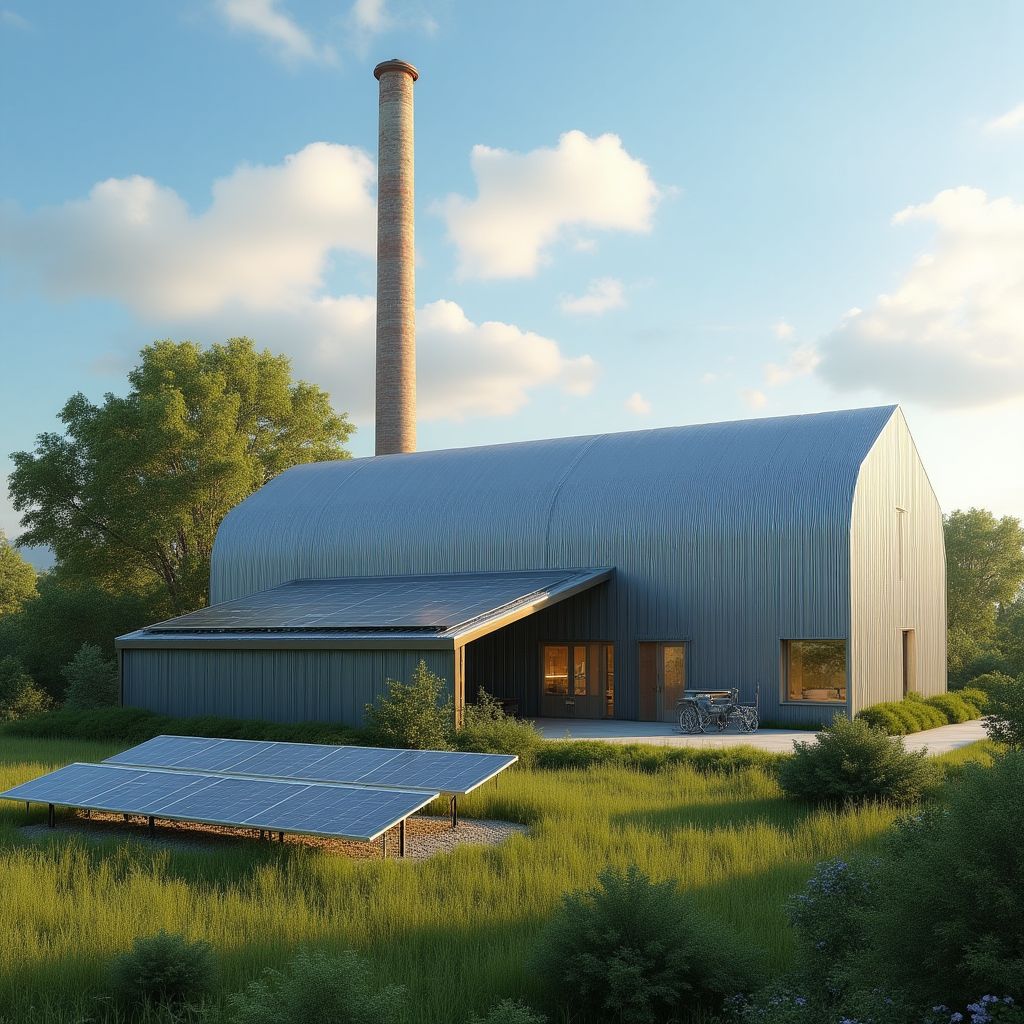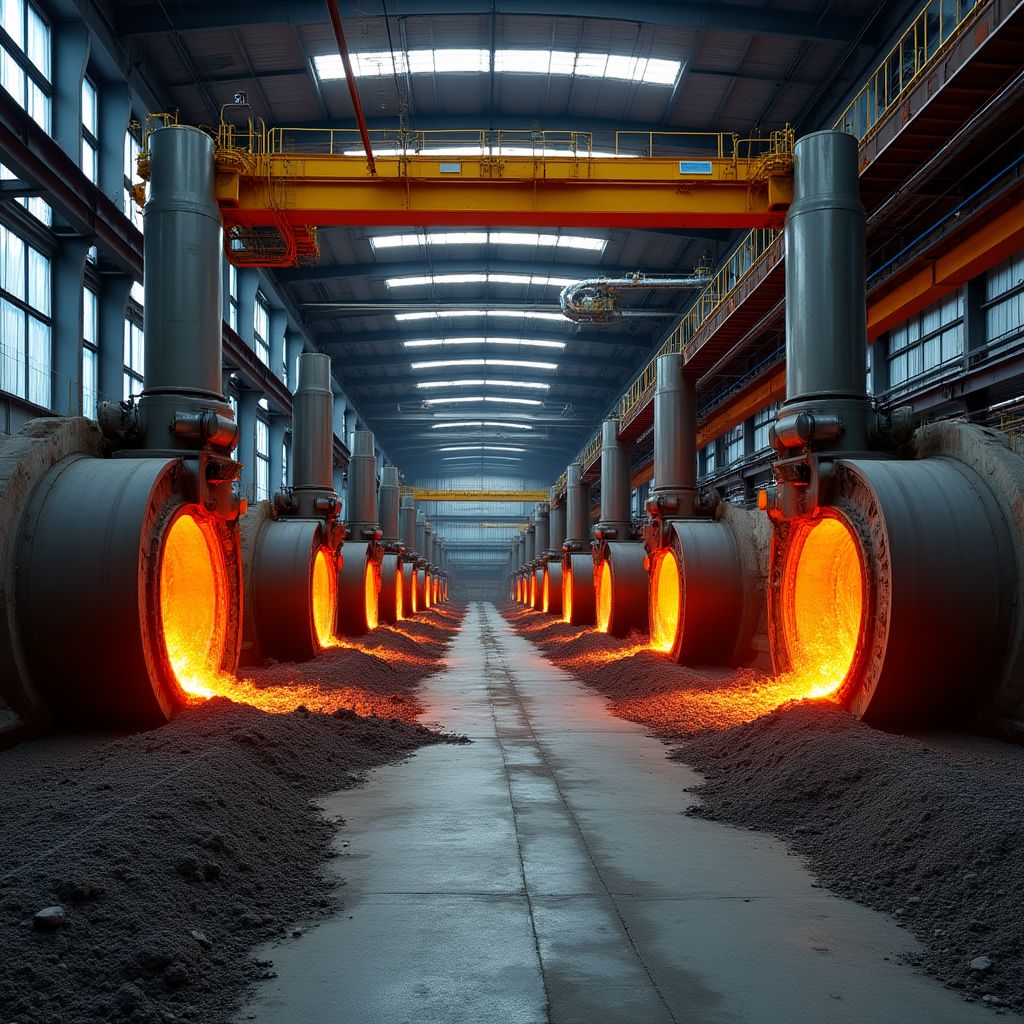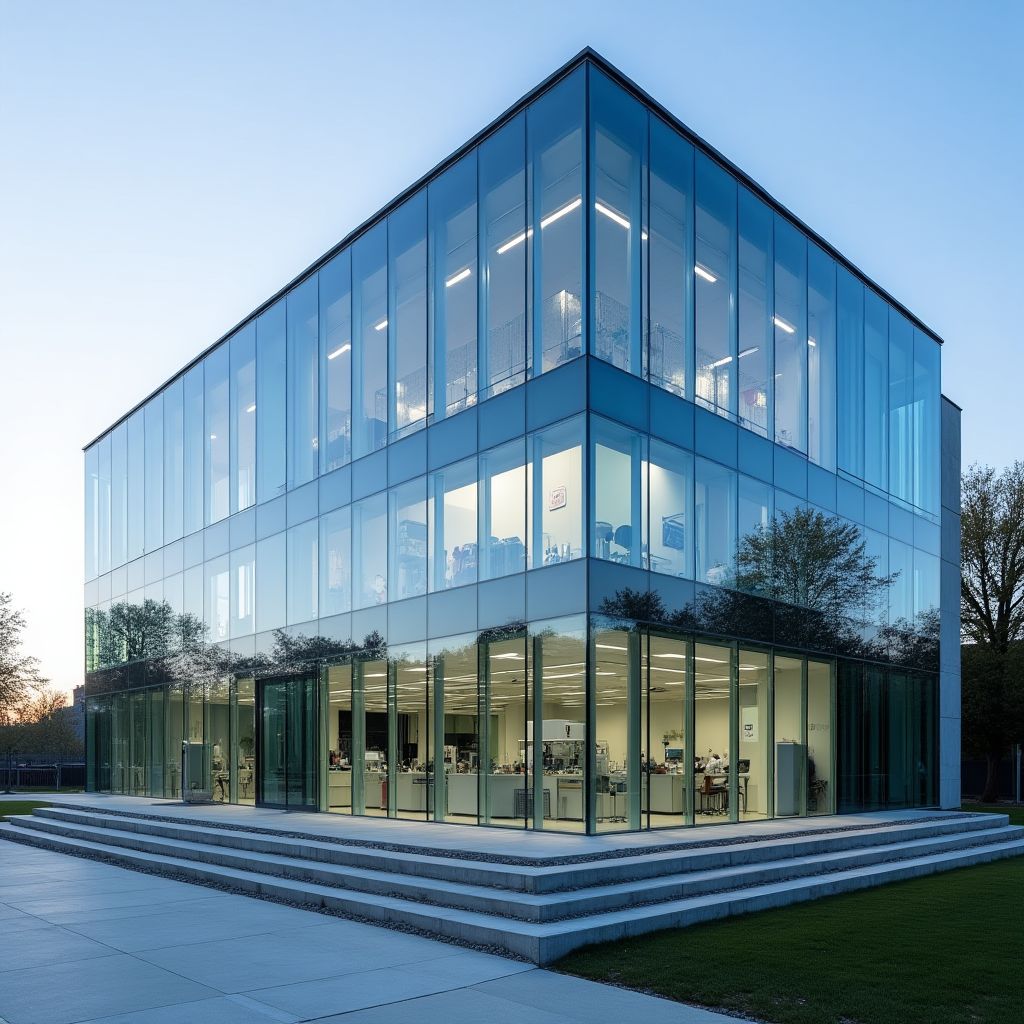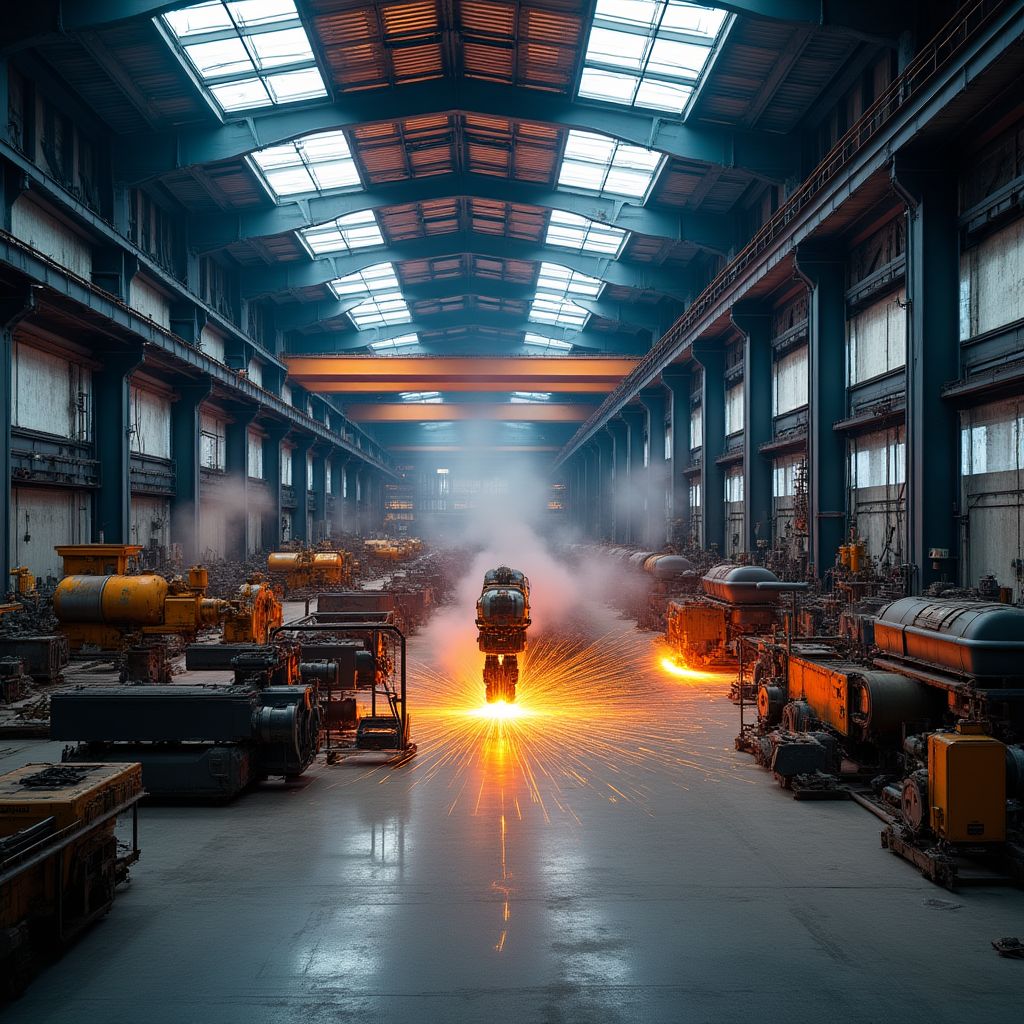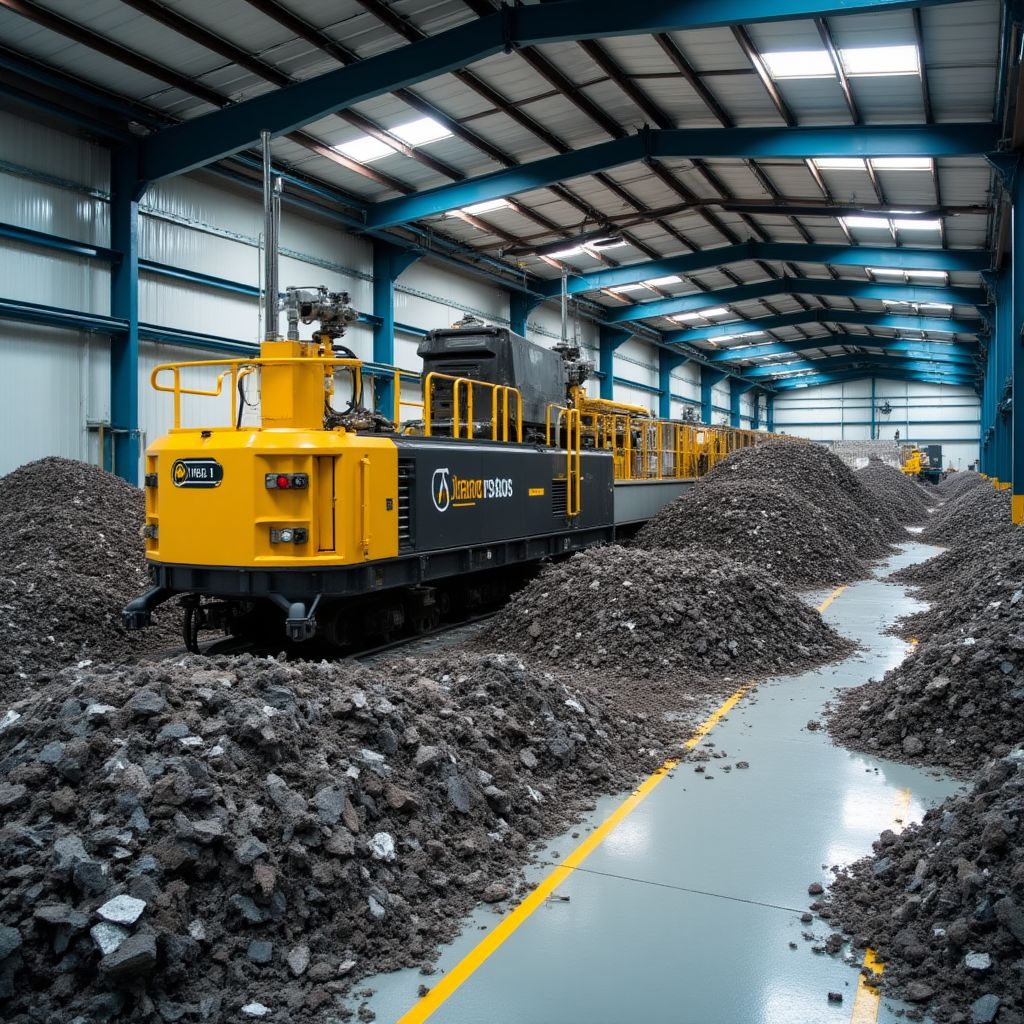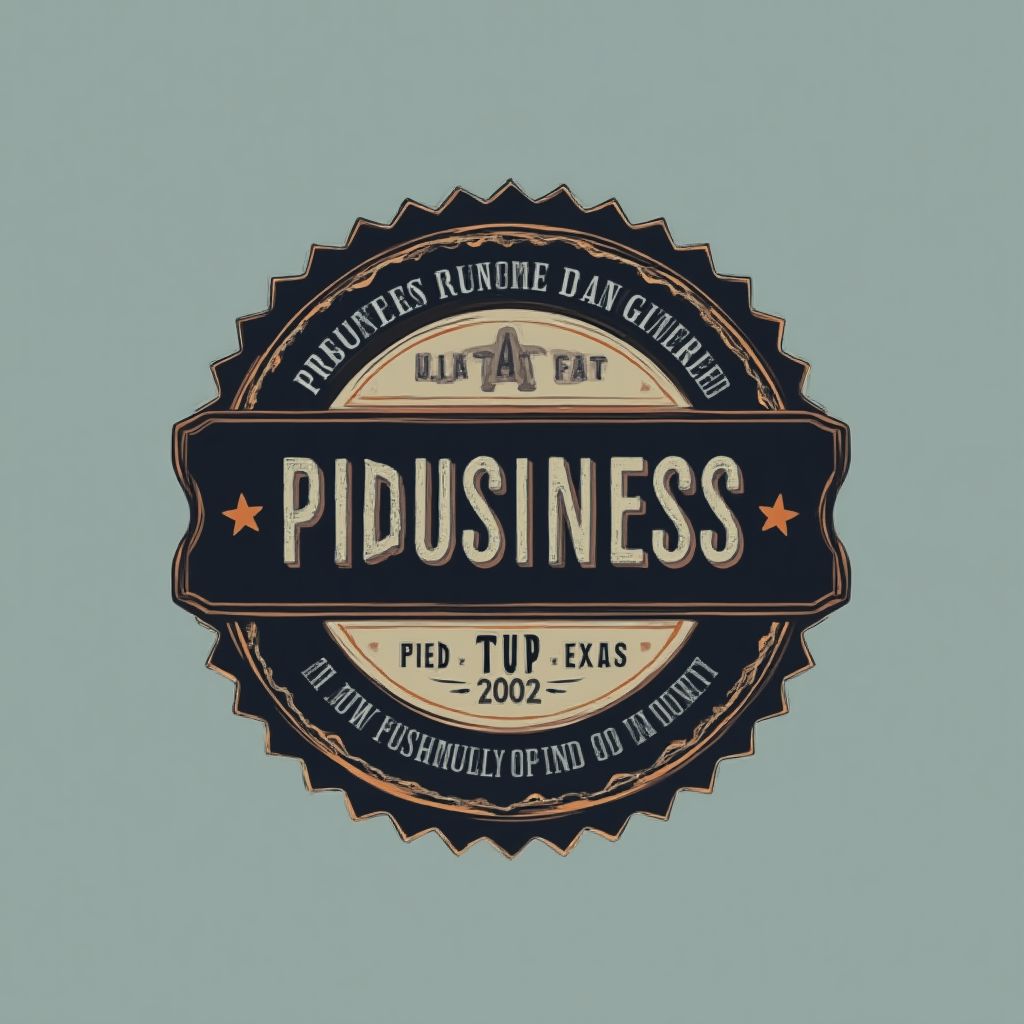About Metallurgy
Metallurgy is the domain of materials science and engineering that studies the physical and chemical behavior of metallic elements, their intermetallic compounds, and their mixtures, which are called alloys. Metallurgy encompasses both the science and the technology of metals: that is, the way in which science is applied to the production of metals, and the engineering of metal components used in products for both consumers and manufacturers.
The process of metallurgy begins with the extraction of raw materials from the Earth's crust through mining operations. These ores then undergo beneficiation, which includes crushing, grinding, and various separation techniques to concentrate the metal-bearing minerals. The concentrated minerals are then subjected to extractive metallurgy processes which convert them into metals through pyro-metallurgy (using heat), hydrometallurgy (using water solutions), or electrometallurgy (using electrical energy).
Modern metallurgy has evolved significantly with advancements in technology and scientific understanding. Today's metallurgists employ sophisticated techniques such as computer modeling, electron microscopy, and spectroscopic analysis to develop new alloys with specific properties for specialized applications. The field continues to innovate with developments in areas such as powder metallurgy, metal matrix composites, and nano-structured metals.
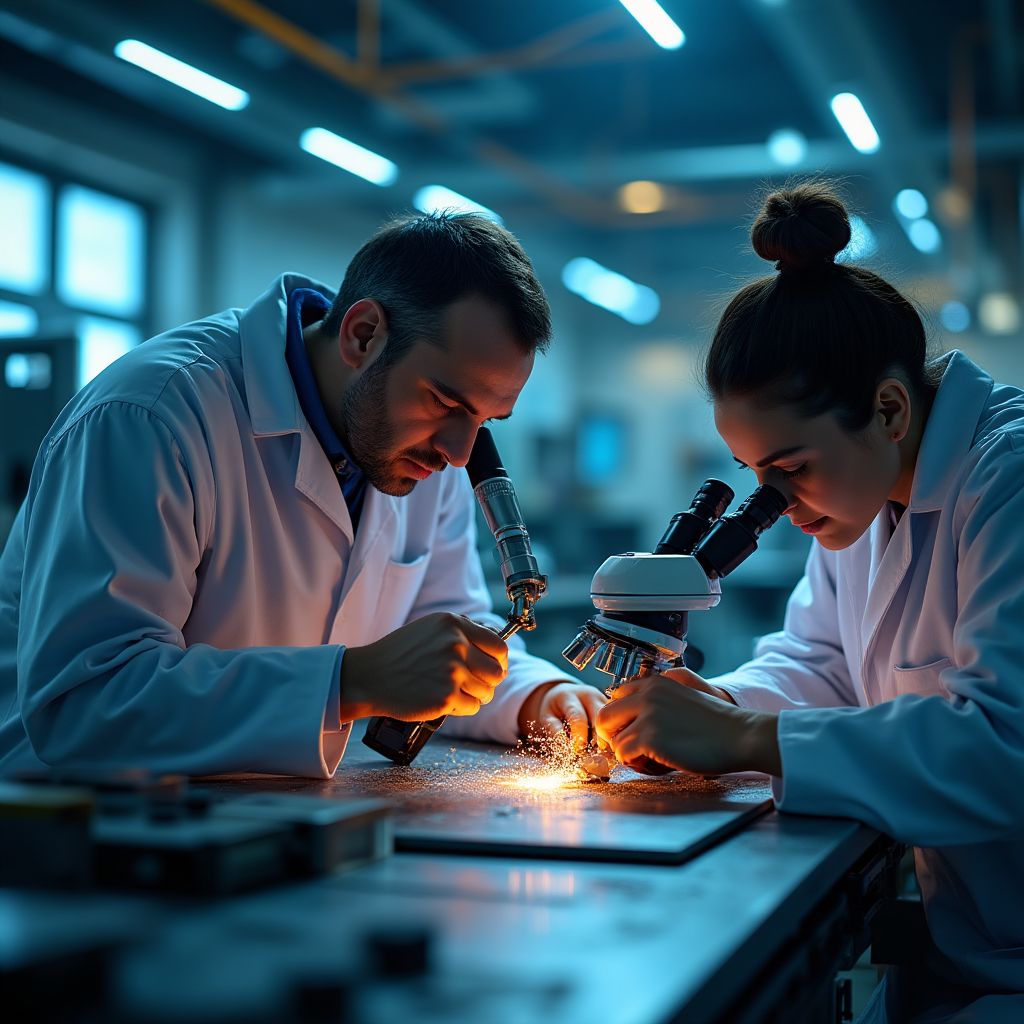
Years of History
Global Industries Served
Metal Alloys Developed
Countries Using Our Research

